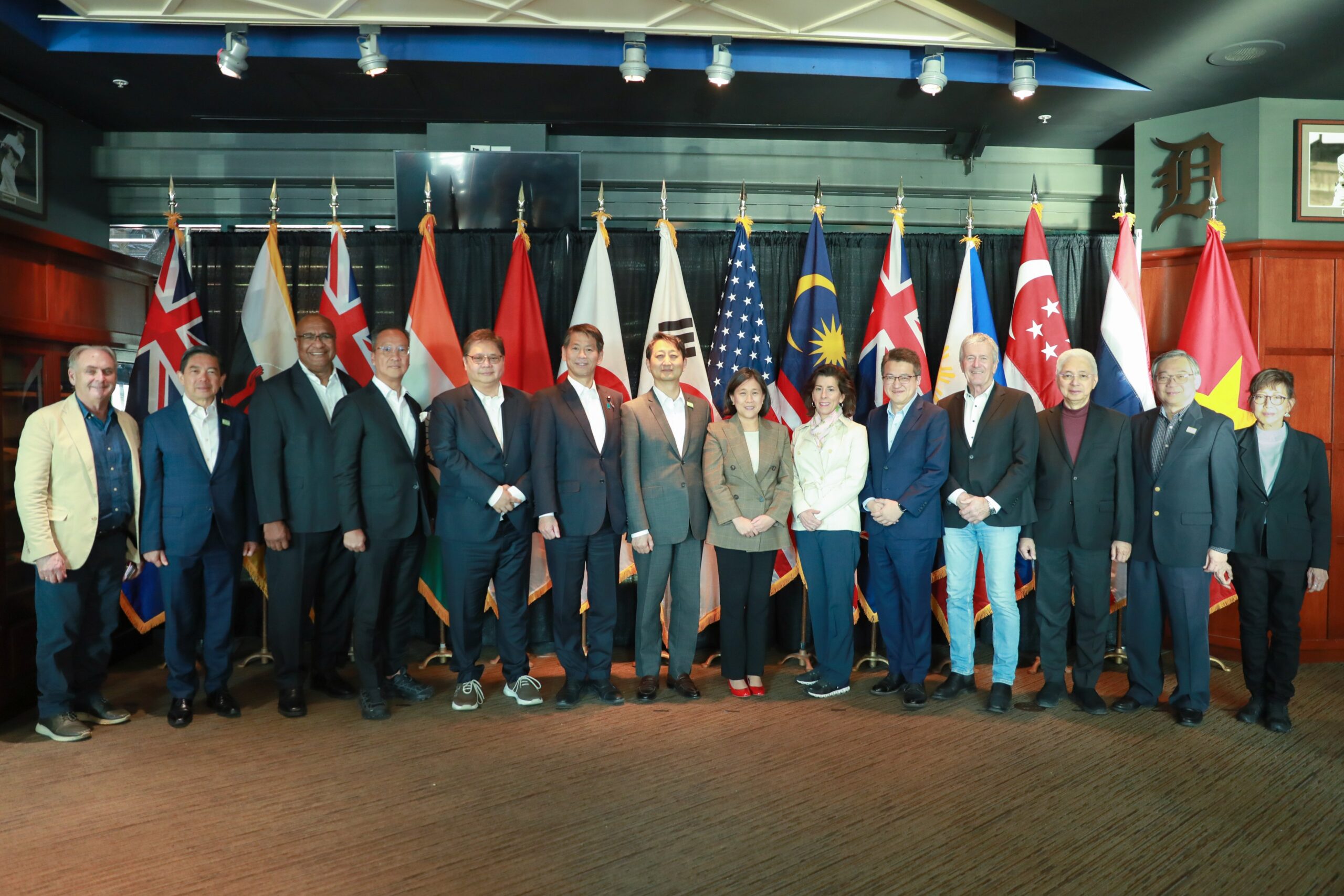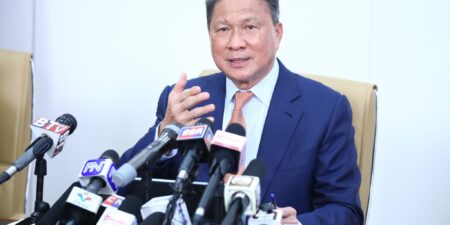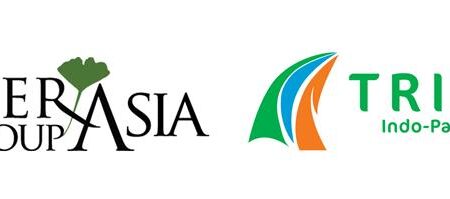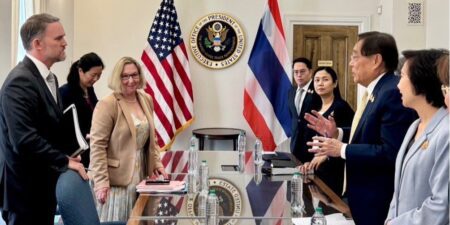The BGA Research Team, led by Head of Research Murray Hiebert, wrote an update to clients on a supply chain agreement that members of the Indo-Pacific Economic Framework for Prosperity (IPEF) reached in Detroit.
Context
- The Biden administration announced on May 27 the substantial conclusion of negotiations to promote supply chain resilience with the 13 other members of the IPEF. The agreement is the first announced achievement of the U.S.-led framework and aims to reduce the dependence of the participating nations on China for key components of the global supply chain in times of crisis.
- The participants agreed to make their supply chains “more resilient and competitive” and establish a framework for “lasting cooperation on issues like workforce development, supply chain monitoring, investment promotion and crisis response.” The other member countries are Australia, Brunei, Fiji, India, Indonesia, Japan, Korea, Malaysia, New Zealand, the Philippines, Singapore, Thailand and Vietnam.
Significance
- Specific goals of the supply chain agreement include efforts to cooperate among member countries, “mobilize investments and promote regulatory transparency in sectors and goods critical to national security, public health and safety [and] the prevention of significant or widespread economic disruptions.” Other important facets include respecting domestic worker rights in supply chains and boosting the technical skills of workers.
- The day before the supply chain agreement was announced, key industry groups such as the U.S. Chamber of Commerce delivered a letter to the Biden administration expressing concerns that the IPEF did not include the priorities that would most benefit U.S. firms. The letter called for efforts to address tariff reductions, regulatory reform, cross-border data flows and intellectual property rights. Without these components, the letter argues, the U.S. business community could fail to derive much added benefit from the IPEF, and U.S. firms risk falling behind their competitors.
- The administration responded to these concerns by stressing that the IPEF is not a traditional trade deal and highlights the unprecedented nature of the supply chain pillar. The agreement is unique in that it establishes a supply chain crisis response network and encourages sustainability and worker protections.
Implications
- Regardless of how companies perceived the supply chain agreement or the IPEF, it is important that they monitor developments in these trade deals to take advantage of new opportunities and make suggestions where firms have concrete recommendations.
- The agreement is part of the first pillar of the IPEF; talks will continue on the other three pillars, which focus on trade facilitation, worker rights, clean energy and taxes and corruption.
- The next round of talks on the IPEF are slated for July in Busan, Korea. Negotiators are striving to make progress in the IPEF’s other three pillars before the Asia-Pacific Economic Cooperation summit in San Francisco in November.
We will continue to keep you updated on developments in the Indo-Pacific as they occur. If you have any questions or comments, please contact BGA Head of Research Murray Hiebert at mhiebert@bowergroupasia.com.
Best regards,
BGA Research Team

Head of Research
Murray is a top Asia expert and skilled researcher with three decades of experience living and working in Asia. His networks in business, media and government circles are deep and wide-ranging. He is also a senior associate of the Southeast Asia Program at the Center for Strategic and International Studies (CSIS) in Washington, D.C. Earlier he served as deputy director of the program for six years. Prior to joining CSIS, Murray served for five years as senior director for Southeast Asia at the U.S. Chamber of Commerce where he worked with leading American companies, the U.S. government and Southeast Asian ...
Read More


























